Timing Chain Replacement in Lexington, KY
- CELEBRATING 46 YEARS
- Family Owned & Operated
- All Makes & Models
- CELEBRATING 46 YEARS
- Family Owned & Operated
- All Makes & Models
Contact Us
Timing Chain Replacement - Precision Timing for Engine Performance
Robert’s engine started making a rattling noise during startup that got worse over time. His mechanic told him it was probably just a loose heat shield, but when the noise became constant, Robert brought his car to us for a second opinion. We discovered his timing chain had stretched significantly and was about to jump timing, which would have caused catastrophic engine damage. After replacing the timing chain, tensioners, and guides, Robert’s engine ran quietly again. “I’m glad I didn’t ignore that noise,” he said.
Our Services
Contact Us
What Your Neighbors Are Saying About Us
They truly care about offering the right service and doing it at a very fair price. They were patient to explain everything in detail and had my car fixed same day. Their honesty and great service will keep me coming back for all of my car needs. A solid repair shop that will be my first choice going forward.
Could not be happier with the recent service I received at Powers Transmissions! David and his team are very knowledgeable and pleasant to work with. It’s nice to have the peace of mind knowing everything is done correctly. Very happy with the experience and highly recommend!
What stood out to me was their willingness to listen to my concerns over the phone and provide an accurate estimate for the repair timeline. Unlike some places, they didn't try to deceive me just to get me in the door. You can genuinely sense their passion for their work and helping customers.
Wow, excellent job. My HUMMER H2 runs so good. Now the Transmission can pull a barn down I have known Mr. powers for years. He is a stand up guy if he says something you can take it to the bank. I'm very happy.
Powers Transmissions took over and had my car done in less than a week. They worked with my warranty company and kept me updated on everything that was happening. Completely professional and competent unlike the first place I went! Thank you for all your help!
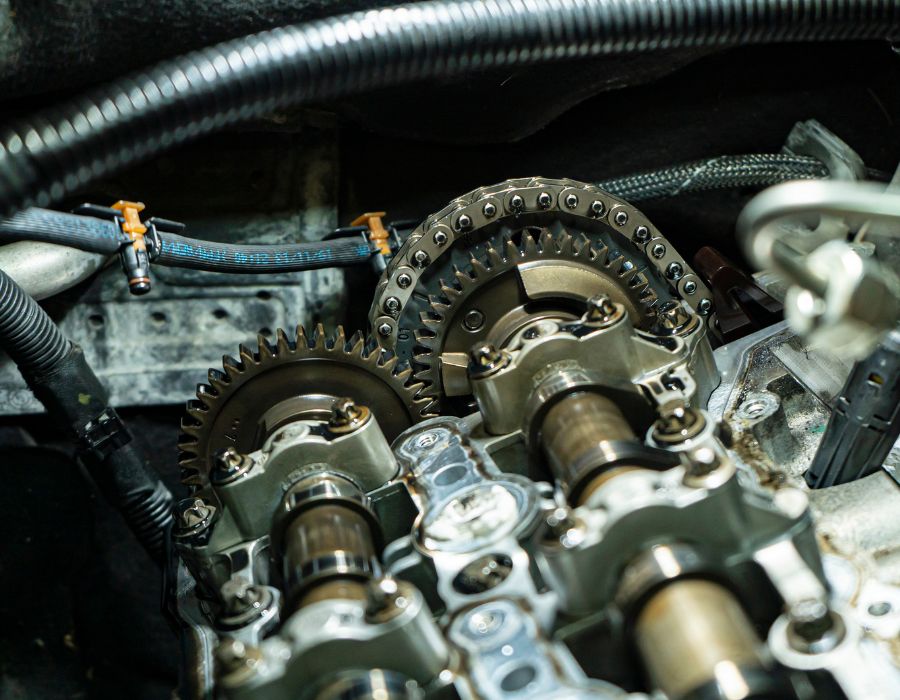
How Timing Chains Work
Timing chains perform the same function as timing belts – they synchronize the rotation of your crankshaft and camshaft to ensure valves open and close at exactly the right time. Unlike rubber timing belts, timing chains are made of metal and are designed to last the life of the engine under normal conditions.
Timing chains run in oil and use tensioners, guides, and sprockets to maintain proper tension and alignment. When these components wear out, the chain can stretch, skip teeth, or even break, causing severe engine damage.
Signs Your Timing Chain Needs Replacement
- Rattling Noise: A metallic rattling sound from the front of the engine, especially during startup, often indicates timing chain problems.
- Engine Misfires: A stretched or jumping timing chain can cause engine misfires and rough running.
- Check Engine Light: Timing problems often trigger check engine lights due to camshaft/crankshaft correlation errors.
- Poor Performance: Incorrect valve timing from a stretched chain reduces engine power and efficiency.
- Starting Problems: Severe timing chain problems can make engines difficult or impossible to start.
- Metal Particles in Oil: Chain wear produces metal particles that show up in engine oil.
- Timing Chain Noise: A whining or grinding noise that increases with RPM may indicate chain or guide problems.
What Causes Timing Chain Problems
- Normal Wear: High-mileage engines experience gradual timing chain stretch and component wear.
- Oil Changes Neglect: Timing chains depend on clean oil for lubrication. Neglected oil changes cause premature wear.
- Tensioner Failure: Hydraulic tensioners can fail, allowing excessive chain slack and noise.
- Guide Wear: Plastic timing chain guides wear out and can cause chain alignment problems.
- Oil Pump Problems: Insufficient oil pressure can cause timing chain tensioner failure.
- Engine Overheating: Excessive heat can damage timing chain components and guides.
- Poor Oil Quality: Using wrong oil viscosity or low-quality oil accelerates timing chain wear.

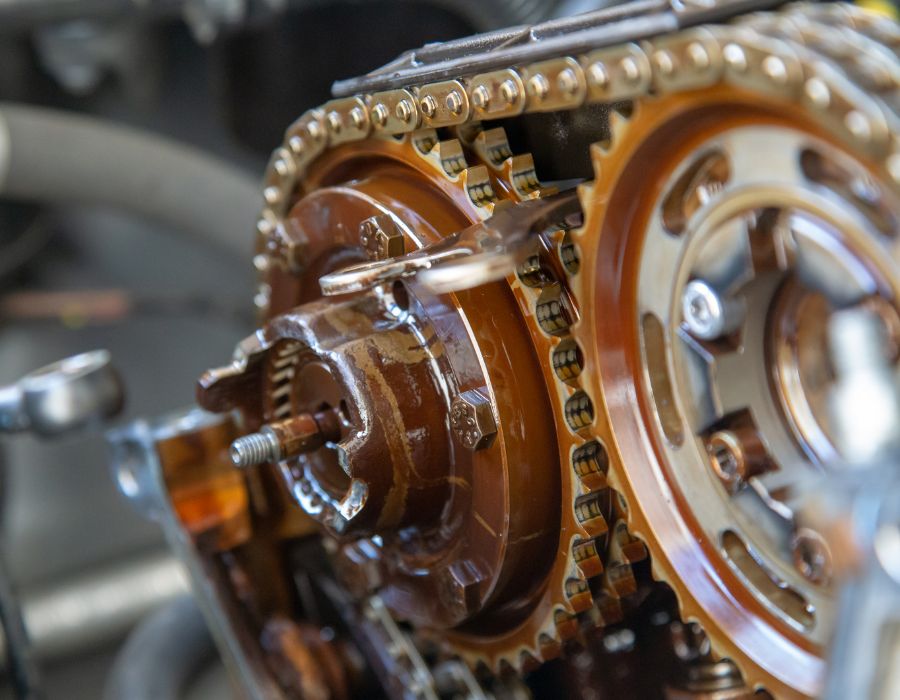
Our Timing Chain Replacement Process
Timing chain replacement is complex work requiring significant engine disassembly:
- Complete Diagnosis: We verify timing chain problems and check for related engine damage.
- Engine Disassembly: Accessing timing chains requires removing many engine components including the oil pan, timing cover, and accessories.
- Component Inspection: We examine all timing components including chains, tensioners, guides, and sprockets.
- Complete Kit Installation: We replace chains, tensioners, guides, and sprockets as a complete system.
- Timing Verification: We set precise valve timing using manufacturer specifications and procedures.
- Oil System Service: We change oil and filter and may flush the engine to remove chain debris.
- System Testing: We verify proper timing and smooth operation before returning your vehicle.
Timing Chain vs Timing Belt
- Durability: Timing chains typically last longer than belts but cost more to replace when they fail.
- Lubrication: Chains run in oil while belts run dry, affecting wear patterns and failure modes.
- Noise: Chains are naturally noisier than belts and may develop rattles when worn.
- Maintenance: Chains don’t require scheduled replacement like belts, but related components do wear out.
- Failure Consequences: Both can cause catastrophic engine damage if they fail completely.

Types of Timing Chain Systems
- Single Chain: Simple systems with one timing chain connecting crankshaft to camshaft.
- Multiple Chains: Complex engines may have primary and secondary chains or separate chains for each bank.
- Variable Timing: Modern engines often have variable valve timing that complicates timing chain service.
- Chain Tensioners: Hydraulic or mechanical tensioners maintain proper chain tension.
- Guide Systems: Plastic or metal guides keep chains aligned and reduce noise.
Timing Chain Service Intervals
- No Scheduled Replacement: Unlike timing belts, timing chains don’t have specific replacement intervals.
- Inspection Schedule: High-mileage vehicles should have timing chains inspected for stretch and wear.
- Component Replacement: Tensioners and guides may need replacement even when chains are serviceable.
- Oil Change Importance: Regular oil changes are critical for timing chain longevity.
- Early Warning Signs: Address timing chain noise or performance problems promptly.
Cost Considerations
Timing chain replacement is expensive due to labor complexity:
- Labor Intensive: Accessing timing chains requires extensive engine disassembly.
- Component Costs: Complete timing chain kits with tensioners and guides cost more than individual chains.
- Oil System Service: Oil changes and possible engine flushing add to service costs.
- Related Repairs: Other components may need attention during timing chain service.
- Total Investment: Typical costs range from $1,500-4,000 depending on engine complexity.
Preventing Timing Chain Problems
- Regular Oil Changes: Clean oil is critical for timing chain and tensioner life.
- Quality Oil: Use manufacturer-specified oil viscosity and quality standards.
- Oil Level Maintenance: Keep oil levels adequate to ensure proper tensioner operation.
- Early Problem Address: Fix oil leaks and pressure problems before they damage timing components.
- Professional Inspection: Have timing chains inspected on high-mileage vehicles.
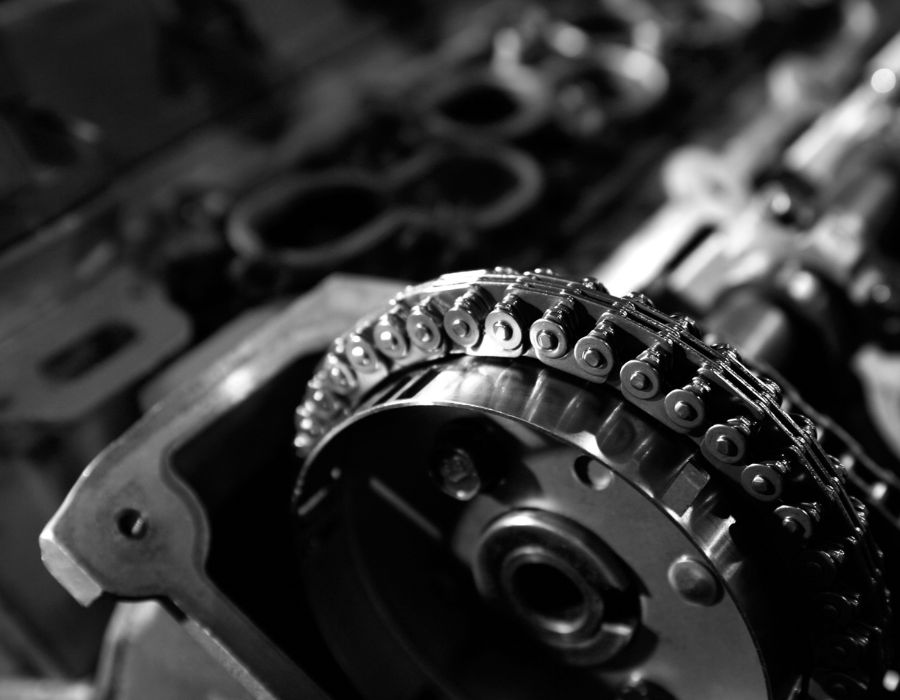
Engine Damage from Timing Chain Failure
- Interference Engines: Most modern engines have interference designs where pistons and valves occupy the same space.
- Valve Damage: Timing chain failure can cause pistons to hit valves, bending or breaking them.
- Piston Damage: Valve contact can also damage pistons and cylinder heads.
- Complete Engine Failure: Severe timing chain problems can require complete engine replacement.
- Prevention Value: Timing chain replacement is much less expensive than engine replacement.
Diagnostic Procedures
- Timing Chain Stretch Measurement: We measure actual chain stretch against manufacturer specifications.
- Oil Pressure Testing: We verify adequate oil pressure for proper tensioner operation.
- Noise Analysis: We identify the source of timing chain noises using professional tools.
- Computer Diagnostics: We scan for timing-related error codes and monitor camshaft timing.
- Visual Inspection: When possible, we visually inspect timing chain condition and guides.

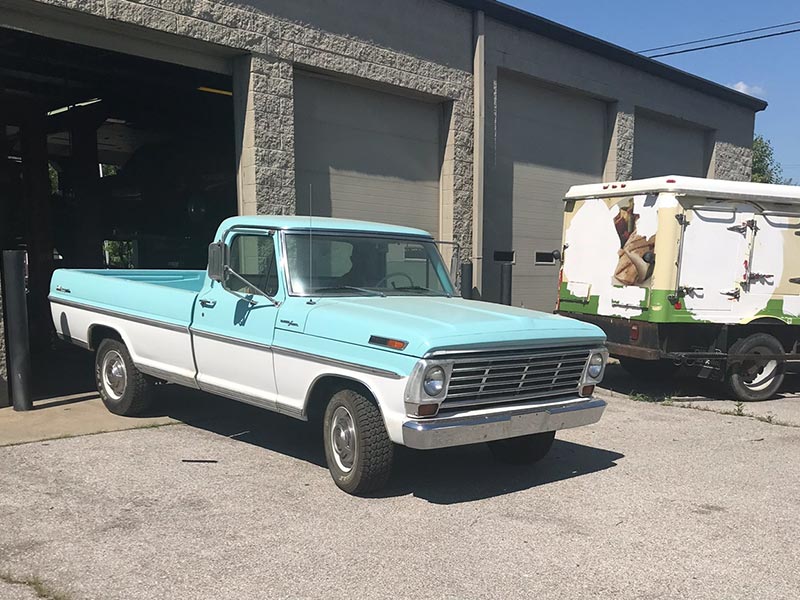
Variable Valve Timing Considerations
- Complex Systems: Variable valve timing adds complexity to timing chain service.
- Additional Components: VVT systems have additional chains, tensioners, and actuators.
- Programming Requirements: Some systems require computer programming after service.
- Specialized Tools: VVT timing requires specialized tools and procedures.
- Higher Costs: Variable timing systems increase timing chain service complexity and cost.
Why Choose Our Timing Chain Service
We’ve been servicing timing chains for over 15 years and understand the complexity of modern timing systems. Our technicians have the specialized tools and knowledge needed for proper timing chain replacement.
We use quality timing chain kits and follow manufacturer procedures for timing verification. When we replace your timing chain, you can drive with confidence knowing your engine timing is precise and reliable.
Schedule Your Timing Chain Inspection
Don’t ignore timing chain noises or performance problems. If you’re hearing rattling from your engine, experiencing poor performance, or have high mileage, give us a call for timing chain evaluation.
Timing chain problems only get worse and can cause catastrophic engine damage if ignored. Early diagnosis and repair protect your engine and save money compared to dealing with complete timing chain failure. Protect your investment with professional timing chain service.
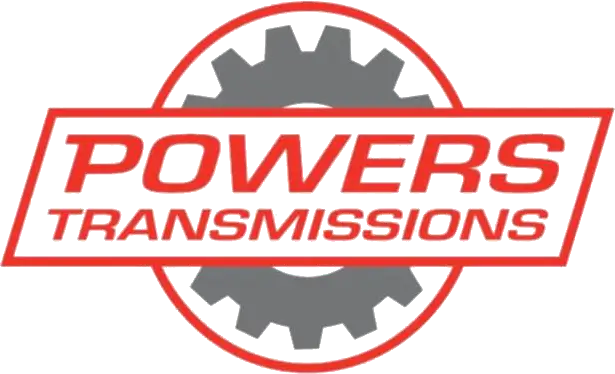
Areas We Serve
- Winchester Lexington
- Lane Allen Lexington
